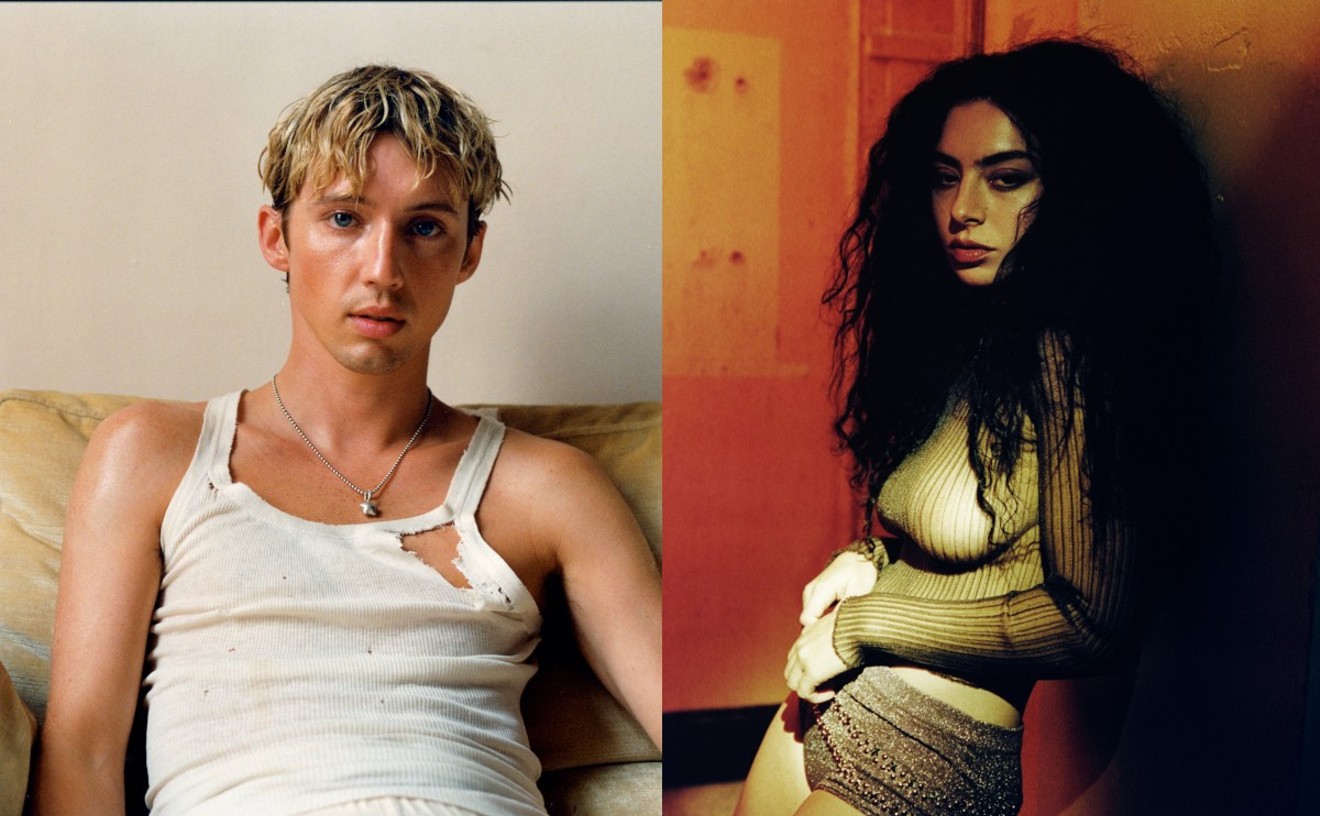Of course, affection is hardly the subject of career-making cuts from This Year's Model. These include the title tune and "Radio Radio," both of which drip with vitriol no less valid today than when they were written. Similarly snotty are "Pump It Up" and "Lip Service." Standouts from the accompanying bonus disc include demos of "Green Shirt" and "Big Boys." In both cases, Costello packs perhaps more attitude into spare acoustic arrangements than was evident in the Attractions' versions. Other outtakes from this collection -- including "Neat Neat Neat" and "(I Don't Want to Go to) Chelsea" -- lack the vibrancy and focus we've come to expect from Costello.
While such cuts might beat the best attempts of lesser New Wave lights such as Ian Dury, whose "Roadette Song" is included for reasons that remain unclear, Costello's ultimate misfortune is that he was too good at being the angry young man for us to accept anything less. This explains why much of Useless Beauty is just that. The bonus cut "Hidden Shame" suffers from a vocal twang that's as unnecessary as it is forced. Even more forced, however, are the straining vocals that render unlistenable virtually everything Costello did during his ill-advised attempt to reinvent himself as Cole Porter. Prime examples include "That Day Is Done" and "It's Time." While more restrained numbers including "I Want to Vanish" are easier on the ears, their self-pitying subject matter and maudlin delivery make tough listening for fans who remember the often-cryptic but always-cathartic scorn with which Costello sneered his way onto the charts in the first place. Fortunately, the previous selections are leavened by the relative swagger of "Deep Dark Truthful Mirror" and the spunky "Veronica," both from Spike. But overall, the flood of Costello material now hitting the marketplace makes clear that he's at his best when he's not taking himself too seriously, and that, unfortunately, has rarely occurred since Reagan left office.










